Fact check: will the Swiss be jailed for heating their homes above 19°C?
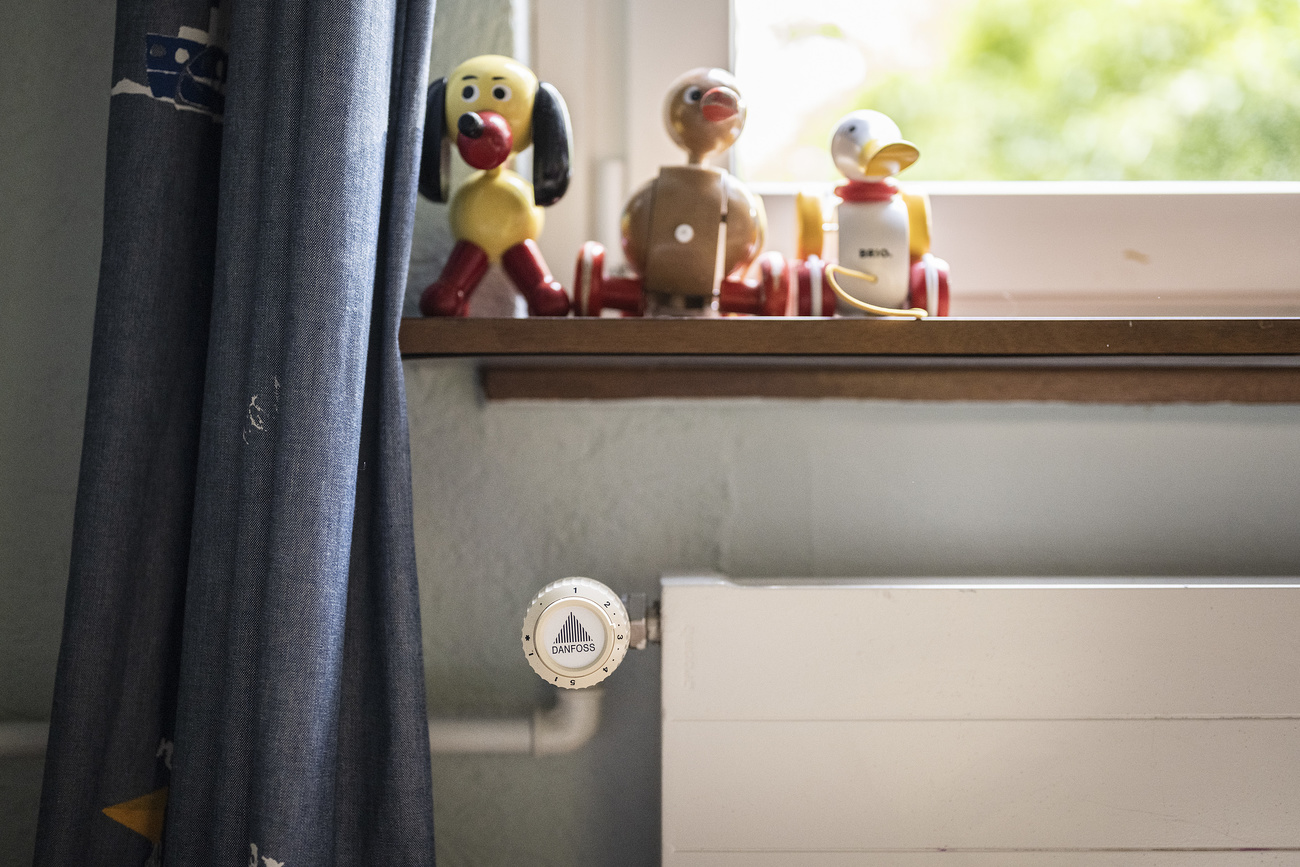
As if soaring energy prices were not enough for people in Switzerland to worry about, along comes a rumour that they will be fined – and even jailed – if they set their thermostat above 19°C.
Like many other countries, Switzerland is preparing for possible energy shortages once the colder months set in. One proposal announced by officials in Bern at the end of August, on what to do in case of a severe shortage of natural gas, has spawned a rumour that has circulated around the world.
“There is this weird story going around that Switzerland is going to fine and even send people to jail if they heat their homes more than 19°C,” SWI swissinfo.ch reader Danny wrote. “Is this true?”

More
Fact checks by SWI swissinfo.ch: How we work
Danny sent along links to articles by various outlets abroad claiming that Swiss authorities would issue fines as hefty as CHF3,000 ($3,145), or jail time of up to three years, if residents broke a new rule obliging them to cap their indoor temperature at 19°C.
Many of the outlets had sourced this information from the Swiss tabloid Blick, which on September 6 published a storyExternal link that opens with the lines: “In an emergency, the rule is to heat less. And energy rule-breakers should be afraid. Violations of the gas ordinance can result in prison sentences and fines.”
Measures still under consultation
Markus Spörndli, a spokesperson for the Department of Economic Affairs, Education and Research who is quoted in Blick, told SWI swissinfo.ch that the story had been misunderstood or incorrectly interpreted by some.
As Spörndli was quick to point out, no one in the country is at risk of receiving a penalty for cranking up the heat in their home.
“There is currently no shortage of electricity or natural gas in Switzerland,” he wrote in an email. “There are therefore no restrictions or bans on energy usage in force that could be violated.”
The gas ordinance Blick mentioned is actually part of a four-step plan that Bern is proposing to deal with a gas shortage, which officials have said “cannot be ruled out this winter given the geopolitical situation”. This draft ordinance has been sent out for consultationExternal link – stakeholders have until September 22 to share their views.
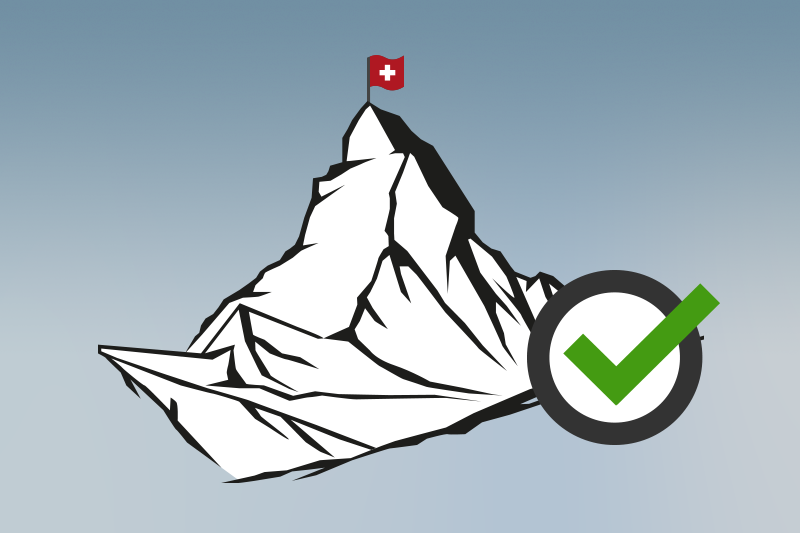
More
Heard something about Switzerland we should fact check?
If the government ever decides to go ahead with this plan, the limit on heating would not necessarily be implemented right away – if at all. That’s because measures taken would dependExternal link on the severity of the situation. The first step would be to urge people to reduce their consumption, such as by turning down the thermostat. Only if things do not improve would authorities move to the third step, which includes obliging consumers – starting with public buildings and offices and then, if necessary, households – to cap heating at 19°C. This rule would apply only to places heated by gas-powered systems.
Households consume more than 40 % of the natural gas in Switzerland, according to the government, so this restriction could have an impact on overall consumption. Compliance is therefore an important matter. In theory, penalties are possible in the event of a severe gas shortage, said Spörndli.
A fake Swiss government poster is currently circulating on social networks that declares: “Does your neighbour heat their home over 19 degrees Celsius? Let us know.” It includes the official telephone number of the Swiss Federal Office of Energy, with a promise of a CHF200 reward.
In recent days, a photo of the poster has been retweeted several thousand times and even reported by a Slovakian newspaper. But the poster is a fake and the information is fabricated, Emanuela Tonasso, a spokeswoman for the Federal Department of the Environment and Energy, told the Le Temps newspaper. The authorities have launched an investigation to find out who created the fake poster and why.
Close monitoring not feasible
The National Economic Supply ActExternal link (NESA), which would serve as the legal basis for the proposed ordinance, sets out fines ranging from CHF30 to CHF3,000 per day in case of breaches. However, as Spörndli explained, the process of issuing such fines would be cumbersome. Authorities would have to look at each case individually, as the penalties under the Act are not administrative fines of the kind that the police can simply issue, such as for traffic violations.
“Pursuing violations under the NESA would therefore be complicated,” he said. “In any case, strict checks are neither feasible nor desirable.”
If authorities ever did issue a fine to someone breaking a rule on heating, a judge could consider CHF30 reasonable, but a CHF3,000 fine would not be seen as proportionate to the crime, said Spörndli. As for jail time, while it is also theoretically possible under the NESA, a judge is not likely to consider that proportionate either.
If a restriction on heating homes ever came into effect, the spokesperson said the likely scenario is that most people would follow it, just as most people complied with measures like social-distancing or working from home at the height of the Covid-19 pandemic.
“In Switzerland, we trust people to abide by the law,” he said.
Verdict: False
The Swiss authorities are not fining or jailing people for heating their homes above 19°C, since there is currently no gas shortage or restriction on heating. A proposed ordinance to introduce such a restriction is still under consultation. It would take effect only in case of a severe natural gas shortage. Fines are in theory possible but would be difficult for authorities to issue. Jail time would be highly unlikely.
More

In compliance with the JTI standards
More: SWI swissinfo.ch certified by the Journalism Trust Initiative


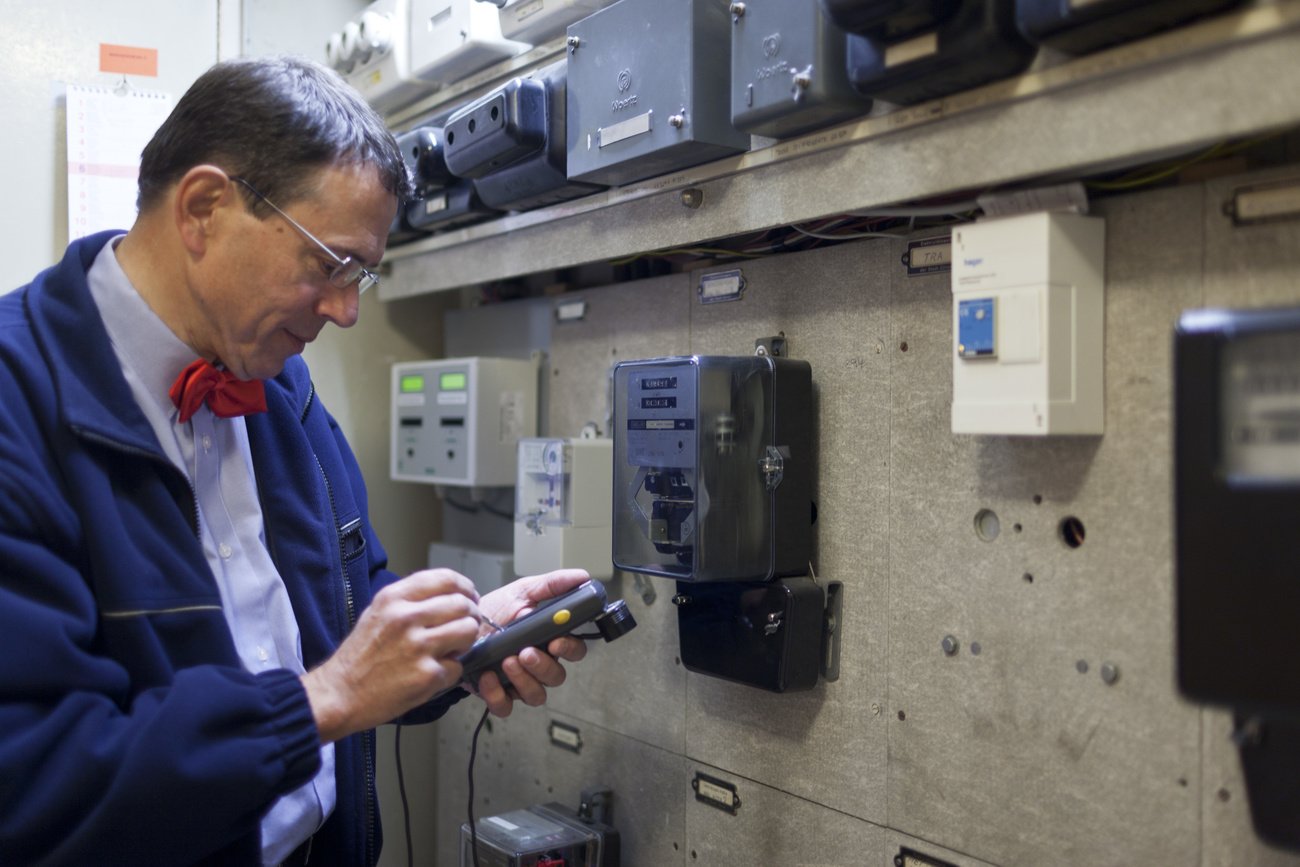
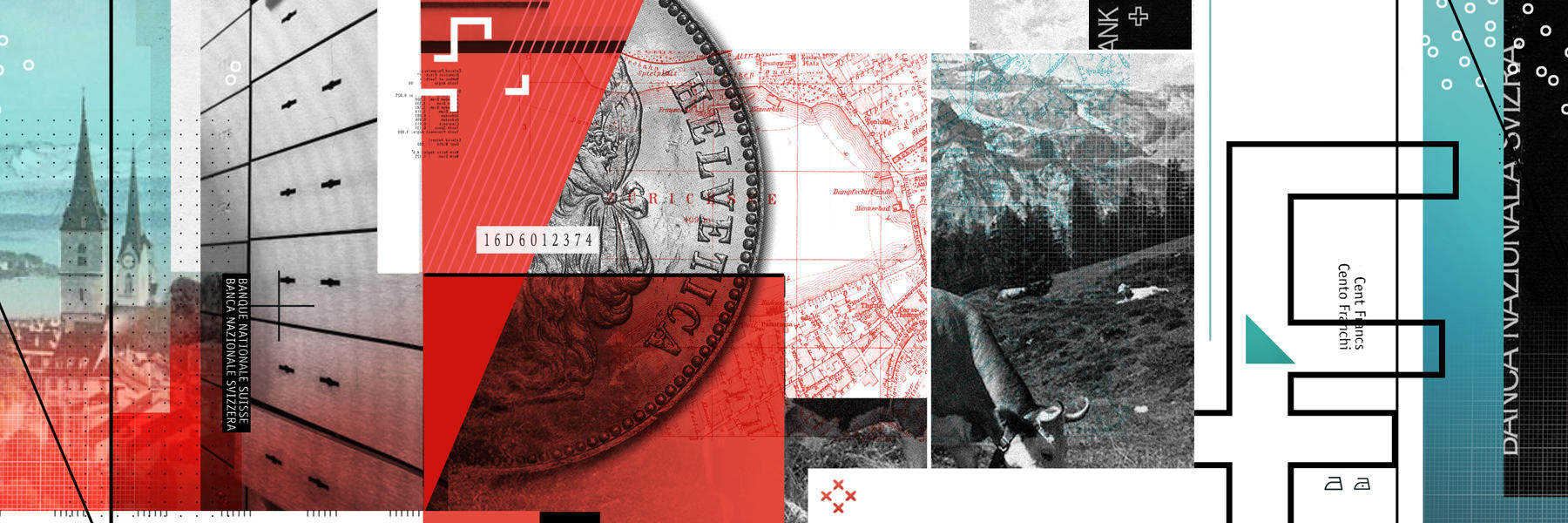
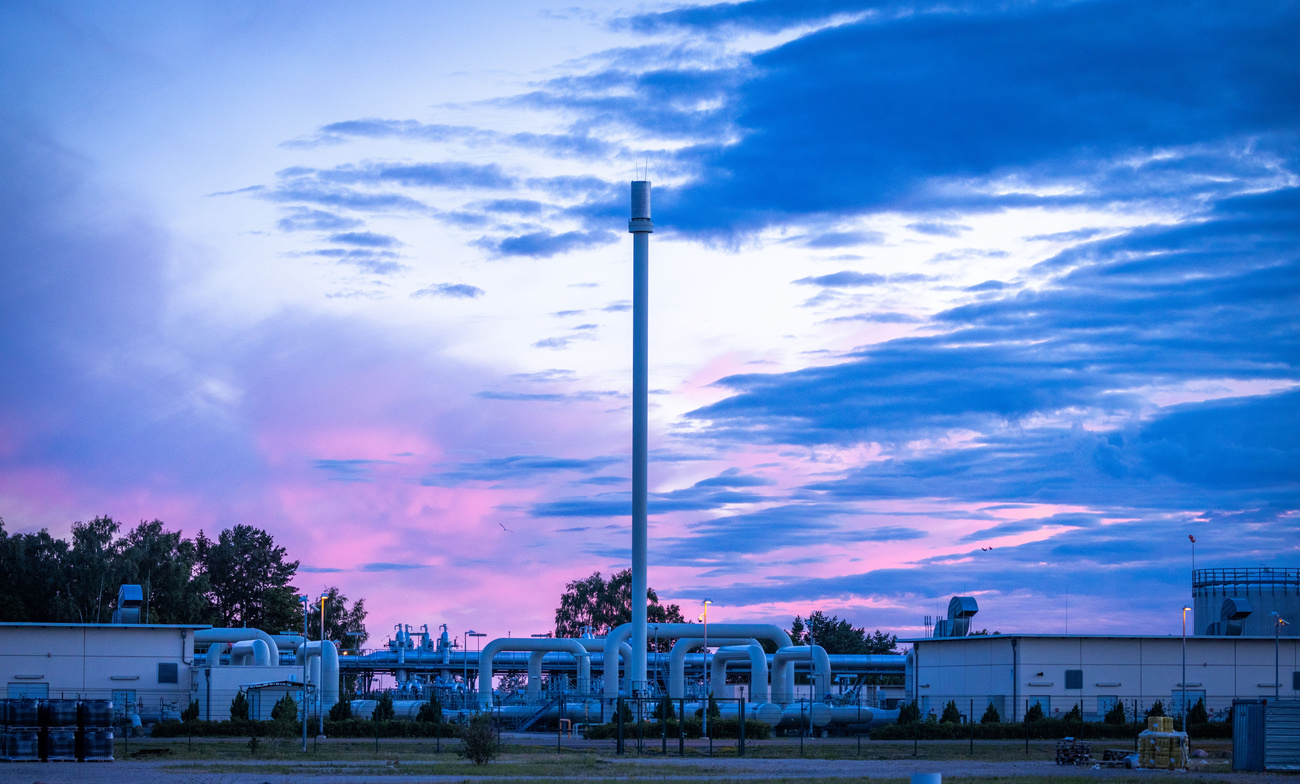

You can find an overview of ongoing debates with our journalists here. Please join us!
If you want to start a conversation about a topic raised in this article or want to report factual errors, email us at english@swissinfo.ch.